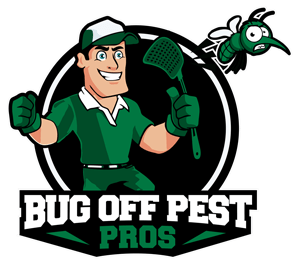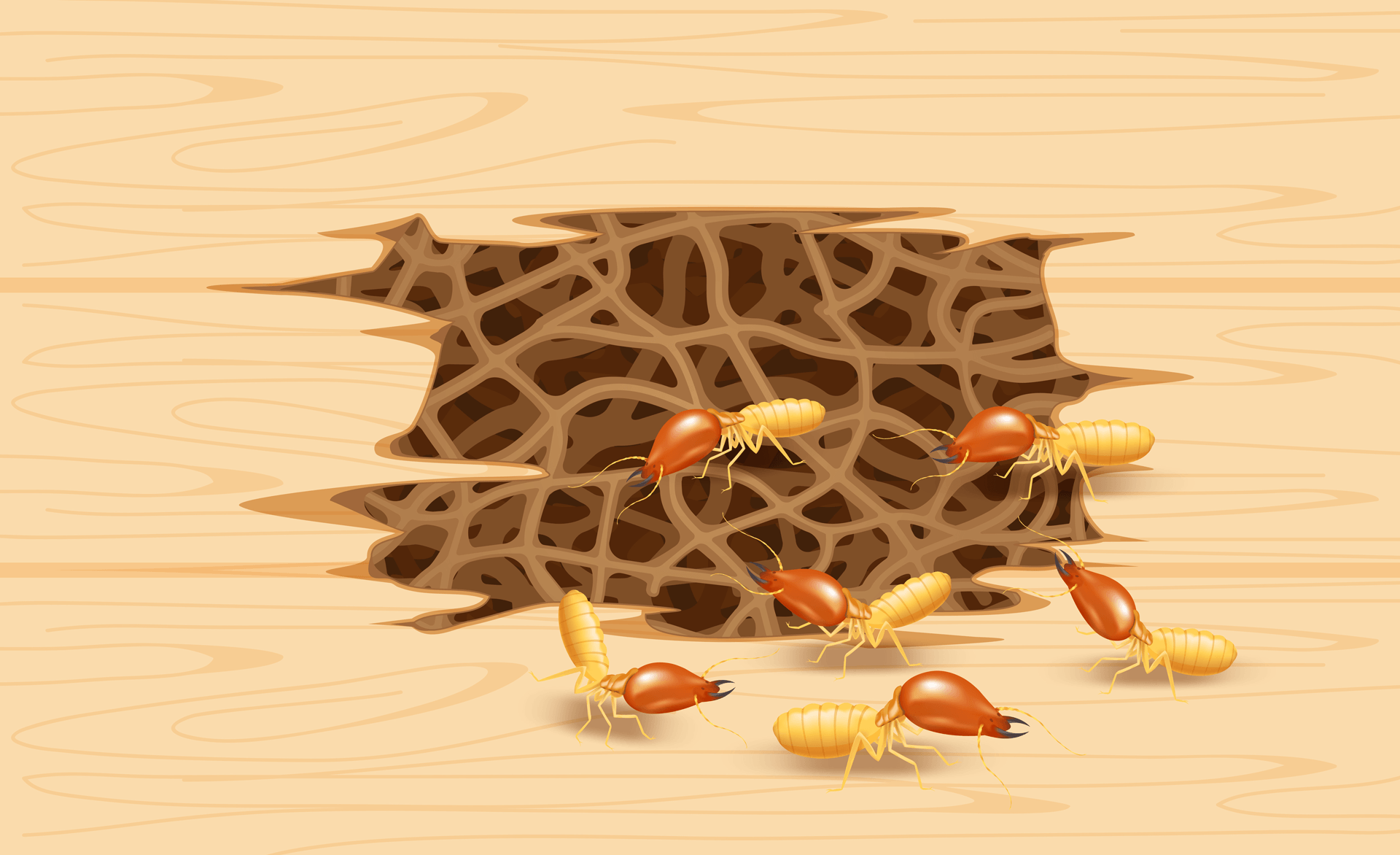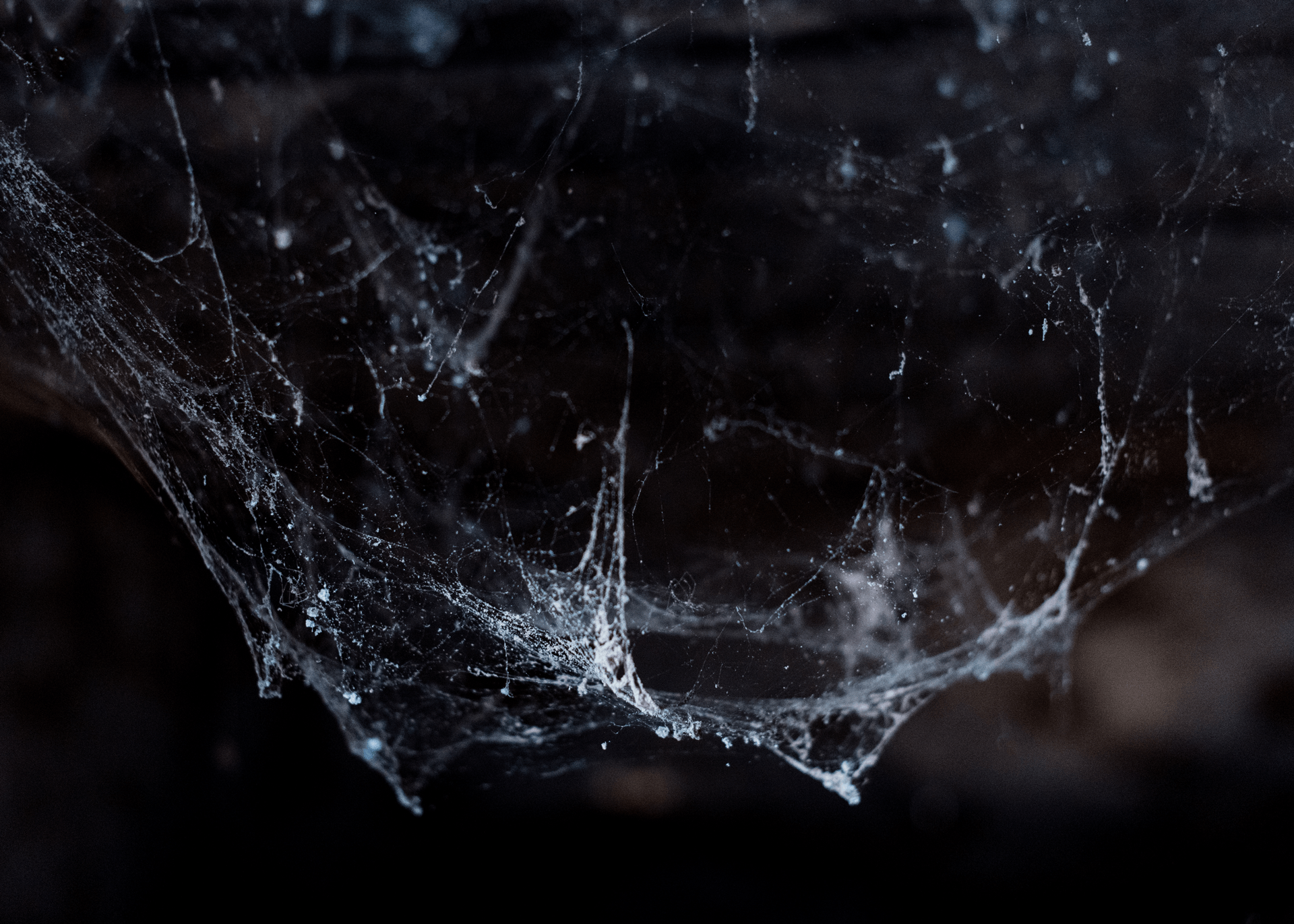Does DIY Pest Control Work?
Why Do It Yourself Is Not Effective Pest Control
Common DIY Pest Control Methods And Why To Avoid Them
When a property owner first notices they have a bug problem, they may think that running to the store to buy products and trying to wipe the pests out themselves is the quickest and easiest way to get rid of the infestation. Unfortunately, that couldn’t be further from the truth. DIY solutions are less effective, drawing the infestation out even longer and often cause more damage in the long run. They can be dangerous, exposing yourself and the environment to chemicals that can be harmful. Plus, they’re often a waste of money since property owners most often ultimately reach out to a pest control professional anyway.
Pests can sneak in through incredibly small spaces. Many people examine their homes themselves and seal over the holes they find that they suspect insects have been creeping through. The problem is bugs can fit through such tiny spaces that the untrained eye may not catch all of them. Because of that, the DIY pest controller thinks they’ve fixed the problem when they haven’t.
There are other DIY solutions that, while effective when done by a professional, can cause damage in the hands of an untrained person. One such example is attempting to control an infestation using temperature or humidity changes. Some people use steamers to reach the 120-degree-mark needed to kill bed bugs. In these instances, the entire infestation is not usually treated, and that level of heat can cause damage to your home or business if not done correctly.
Pest Control Product Choice
One of the problems people face in trying to get rid of infestation themselves is that they choose the wrong product to target the particular pest they’re after. There are different classifications of pesticides. Some are listed as general use or unclassified; others are restricted-use pesticides (RUPs). RUPs are available only to certified applicators who’ve undergone training in how to apply the product. In those cases, although the EPA labels the chemical perfectly okay to use in certain specific situations, they can cause harm to both the applicator and the environment if they’re handled incorrectly. In contrast, they can protect your property from damage when used properly since they get rid of the pest you aimed to eradicate. Very popular products like bug bombs have proven to ineffective. They fail to penetrate the deep places bugs hide while leaving a toxic residue behind.
People often try out traps to get rid of bugs but lay them out incorrectly, in a poor place, or choose the wrong trap for the problem they’re dealing with. Because of that, the DIY trap solution may get rid of a few individual bugs but won’t stand up to larger problems and won’t work keep the bugs from coming back in the future.
When DIY Pest Control Goes Very Wrong
Some extreme cautionary tales might not be the norm but certainly exemplify the possible risk. One of those situations happened in Cincinnati, where a woman tried to wipe out a bed bug infestation using alcohol. She sprayed it out toward an open flame, sending embers swirling around the apartment, which then spread to other nearby units. In the end, three people went to the hospital for smoke inhalation, and ten people were left without a home. In a study on the overuse and misuse of insecticides, the CDC looked over seven states for seven years and found a total of 111 instances of acute illness associated with DIY pest control.
What Professional Exterminators Bring To The Table
An infestation is nothing to take lightly. Some pests spread bacteria and disease, and many cause allergic reactions. That can happen even without coming into direct contact with the pest. Our experts know which products to use and how to use them. Moreover, they know where to look for damage and investigate possible factors that could attract bugs. We can walk you through what changes need to be made to ensure the insects don’t show back up. Sometimes, changes as small as trimming trees and bushes to allow better airflow and adjusting the amount of fertilizer you use can help keep plants healthy, making them more resistant to certain pests, thereby keeping those pests out of your home.
The longer you take to get rid of an infestation, the more damage the pests can do. Don’t take a risk; call Bug Off Pest Pros to get bugs off your mind.
Contact us today for an estimate and we can put together a custom plan for you.
2700 North Wheeling Avenue
Suite 6
Muncie, IN 47303
All Rights Reserved | Bug Off Pest Pros






